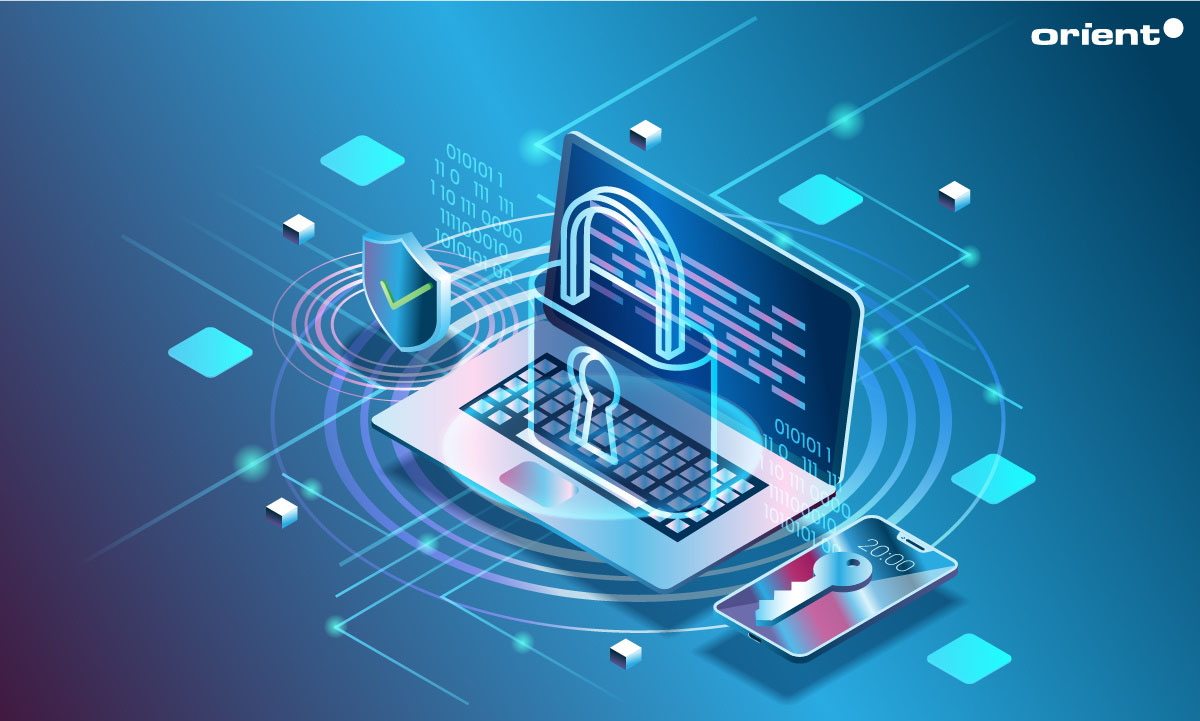
Photo Credit: Reuters
The rapid expansion of the digital economy in South Africa has brought significant economic benefits, but it also poses considerable challenges, particularly in the realm of cybersecurity. As businesses and individuals increasingly adopt digital technologies, the economy is experiencing a transformation characterized by greater efficiency, innovation, and connectivity. E-commerce, fintech, and digital services are burgeoning sectors that contribute substantially to GDP growth and job creation. This digital revolution is also fostering financial inclusion, enabling previously underserved populations to access banking and other financial services through mobile platforms and online applications.
However, the accelerated digitalization comes with heightened cybersecurity risks. Cyber threats, including data breaches, ransomware attacks, and phishing scams, are escalating in frequency and sophistication. These cyber threats can cause severe disruptions to business operations, leading to financial losses, reputational damage, and legal repercussions. For instance, the 2020 cyberattack on South African logistics company Transnet resulted in significant operational delays, underscoring the vulnerability of critical infrastructure to cyber threats.
In response to these growing cybersecurity challenges, both the private sector and government are taking proactive measures. Businesses areinvesting in advanced cybersecurity technologies and adopting best practices such as regular security audits, employee training programs,and incident response plans. Furthermore, there is a growing trend towards the use of artificial intelligence and machine learning to detect and respond to cyber threats in real time. These technologies can analyze vast amounts of data to identify suspicious activities and potential security breaches, thus enhancing the ability to mitigate risks proactively.
On the regulatory front, the South African government has enacted several measures to bolster cybersecurity. The implementation of the Protection of Personal Information Act (POPIA) aims to safeguard personal data and ensure that businesses adhere to stringent data protection standards. Additionally, the government is working on establishing a comprehensive cybersecurity framework to coordinate efforts across different sectors and enhance national resilience against cyber threats.
Despite these efforts, significant challenges remain. Many businesses, particularly small and medium-sized enterprises (SMEs), lack the resources and expertise to implement robust cybersecurity measures. Moreover, there is a critical shortage of skilled cybersecurity professionals, which hampers the ability to effectively combat cyber threats. Addressing these issues requires a multi-faceted approach, including increased investment in cybersecurity training and education, greater collaboration between public and private sectors, and the development of a robust legal and regulatory environment that keeps pace with the evolving cyber threat landscape.
In conclusion, while the digital economy offers substantial economic opportunities for South Africa, it also necessitates a concerted effort to address the accompanying cybersecurity risks. By prioritizing cybersecurity and fostering a collaborative approach, South Africa can safeguard its digital infrastructure and continue to reap the benefits of digitalization in a secure and resilient manner.

















